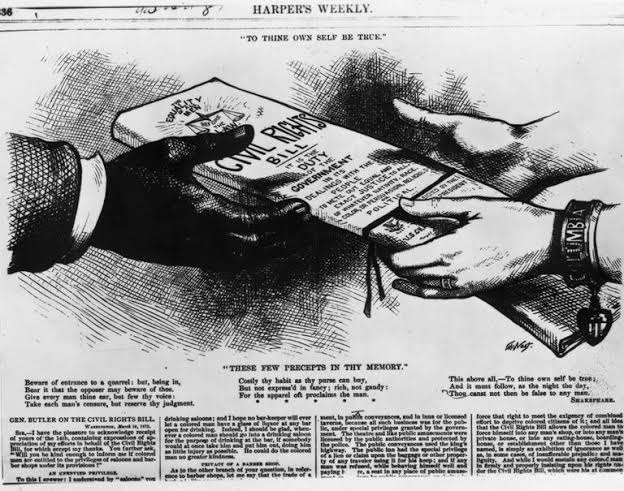10th Amendment – Tenth Amendment X Amendment
The Tenth Amendment helps to define the concept of federalism, the relationship between Federal and state governments. As Federal activity has increased, so too has the problem of reconciling state and national interests as they apply to the Federal powers to tax, to police, and to regulations such as wage and hour laws, disclosure of personal information in recordkeeping systems, and laws related to strip-mining.
The powers not delegated to the United States by the Constitution, nor prohibited by it to the States, are reserved to the States respectively, or to the people.
cited https://www.law.cornell.edu/constitution/tenth_amendment
The 10th Amendment and its focus on States Rights was ratified on December 15, 1791. It expresses the principle of federalism and states’ rights, which strictly supports the entire plan of the original Constitution for the United States of America, by stating that the federal government possesses only those powers delegated to it by the United States Constitution. All remaining powers are reserved for the states or the people.
Whatever the states didn’t let the Feds do was left to the states
10th Amendment: States Rights
The powers not delegated to the United States by the Constitution, nor prohibited by it to the States, are reserved to the States respectively, or to the people.
The 10th Amendment States Rights guaranteed the states’ rights to self-government. If the states had not delegated a particular power to the federal government, and if the Constitution had not forbidden the power to the states, then it remained as reserved to the states or the people. For Thomas Jefferson, this was the cornerstone of the entire Constitution. Its presence in the Bill of Rights serves to remind us of the importance of self-government in the minds of Americans of the early republic.
Since the states existed prior to the federal government, they were the source of whatever power the federal government had. Thomas Jefferson determined the constitutionality of proposed legislation on this basis: If he did not find the power spelled out in Article I, Section 8, then it remained reserved to the states. It would be unconstitutional for the federal government to exercise the proposed power. If the Tenth Amendment were still taken seriously, most of the federal government’s present activities would not exist. That’s why no one in Washington ever mentions it.
The 10th Amendment States Rights guaranteed the states’ rights to self-government. If the states had not delegated a particular power to the federal government, and if the Constitution had not forbidden the power to the states, then it remained as reserved to the states or the people. For Thomas Jefferson, this was the cornerstone of the entire Constitution. Its presence in the Bill of Rights serves to remind us of the importance of self-government in the minds of Americans of the early republic.
Since the states existed prior to the federal government, they were the source of whatever power the federal government had. Thomas Jefferson determined the constitutionality of proposed legislation on this basis: If he did not find the power spelled out in Article I, Section 8, then it remained reserved to the states. It would be unconstitutional for the federal government to exercise the proposed power. If the Tenth Amendment were still taken seriously, most of the federal government’s present activities would not exist. That’s why no one in Washington ever mentions it.
cited https://www.historyonthenet.com/10th-amendment-states-rights#

